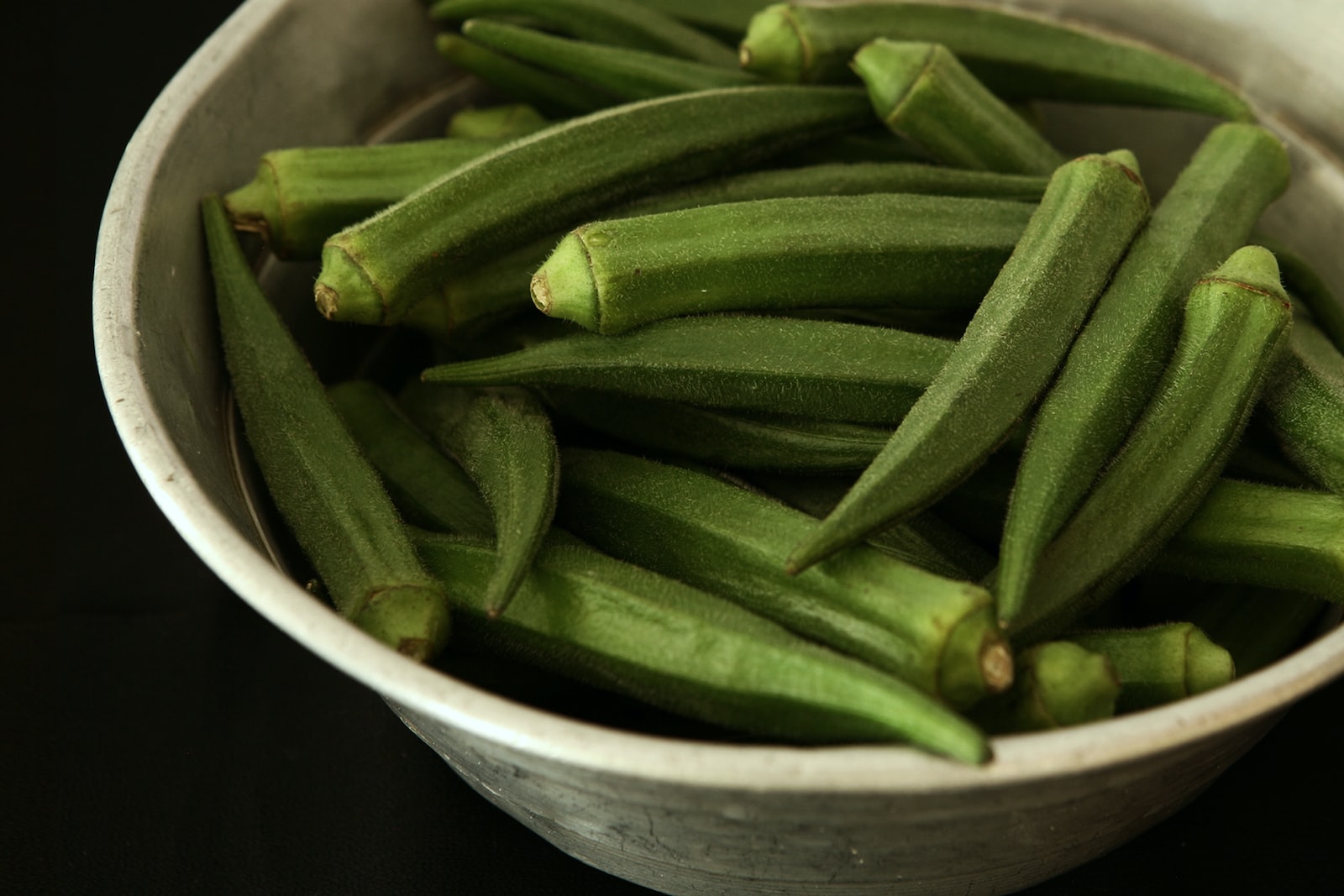Discovering okra for a healthy heart and body
Okra (also known as ladies’ fingers, bhendi or gumbo) belongs to the same family as the cotton and cacao plants. It is somewhat of the Cinderella of edible plants, but okra (Abelmoschus esculentus), has all the cards to join the elite of superfoods that favor heart and overall health. Its leaves are rich in vitamins and minerals and the seeds provide high quality oil and protein. When toasted and grinded, the seeds can offer a caffeine free coffee alternative. Furthermore, this plant is easy to farm, has a great yield, it can grow in difficult conditions and has good resistance to diseases. Okra is most likely of African origin and grows in temperate and warm climates; it is very common in Africa, India, the Middle East and South America.
Okra, which was brought to the United States with African slaves, was for a long time considered a “poor” food and therefore ignored despite its beneficial qualities and pleasant flavor.
Its mucilage rich roots are used as an emollient and are useful in the kitchen to thicken sauces. The plant’s stems are left to macerate in order to create a textile fiber. Its fruits and leaves are well known for their nutritional properties and the plant can even be used to make paper.
Okra for more than just a healthy heart
- Aside from being low in calories it is rich in A vitamins, thiamine, vitamin B6, C, folic acid, riboflavin, calcium, zinc and fiber.
- It helps manage high blood pressure, bringing high blood pressure values to normal levels and maintaining a healthy heart.
- Okra is recommended to pregnant women because it is rich in folic acid, which is essential in the forming of the fetus’ neural tube between week 4 and 12 of the pregnancy.
- Mucilage present in the okra plant helps regulate blood sugar by affecting its absorption in the small intestine.
- Okra fiber has many qualities that make it ideal for maintaining gastrointestinal health.
- It helps absorb excess water, cholesterol, metabolic toxins and bile. The surplus in the mucilage is expelled from the body.
- It helps reduce constipation, gas and abdominal swelling.
- It is effective as a laxative, soothes an irritable bowel, ulcers and heals the gastrointestinal tract.
- It is useful for weight loss.
- Okra facilitates the proliferation of beneficial probiotic bacteria.
Given the numerous properties of this plant for the health of your heart and body it is time to learn to use it in the kitchen. Let’s get to it!
Scientific articles below:
- Impact of okra (Abelmoschus esculentus) seed flour on nutrients, functional properties and zincbioavailability of plantain flour. (Malays J Nutr. 2011 Dec;17(3):359-66.) ABSTRACT http://www.ncbi.nlm.nih.gov/pubmed/22655457
- A new flavonol glycoside from the Abelmoschus esculentus Linn. (Pharmacogn Mag. 2012 Jan;8(29):12-5.doi: 10.4103/0973-1296.93303.) http://www.ncbi.nlm.nih.gov/pmc/articles/PMC3307196/


